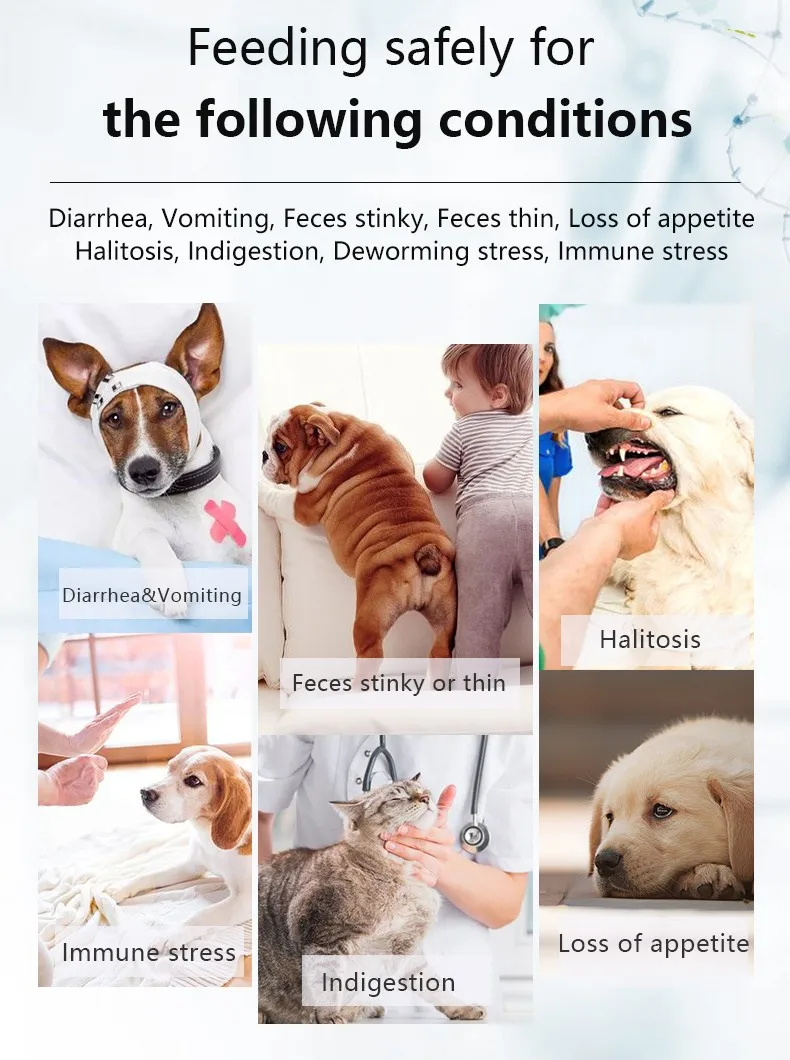# Possum Pet: The Ultimate Guide to Caring for Your Adorable Possum Companion
Possums have gained popularity as unique and charming pets, but they require special care and attention. In this comprehensive guide, we will explore everyt……
Possums have gained popularity as unique and charming pets, but they require special care and attention. In this comprehensive guide, we will explore everything you need to know about owning a possum pet, from their dietary needs to their living environment, ensuring that you provide the best possible care for your newfound friend.
## Understanding Your Possum Pet
Before diving into the specifics, it's essential to understand what a possum pet is. Possums, particularly the Virginia opossum, are marsupials native to North America. They are nocturnal creatures, meaning they are most active at night. Possums are known for their unique behaviors, such as playing dead when threatened and their ability to climb trees effortlessly. These traits make them fascinating companions, but they also require a commitment from their owners.
## Creating the Ideal Habitat
To ensure your possum pet thrives, you must create a suitable living environment. A large, multi-level cage is recommended, as possums love to climb and explore. The cage should include:
- **Bedding**: Use soft materials like fleece or aspen shavings to keep your possum comfortable.
- **Hiding Spots**: Possums are shy animals and need places to retreat. Include tunnels, boxes, or hammocks.
- **Climbing Structures**: Incorporate branches or shelves to encourage climbing and exercise.
- **Temperature Control**: Maintain a warm environment, ideally between 70-80°F, as possums are sensitive to extreme temperatures.

## Diet and Nutrition
A balanced diet is crucial for the health of your possum pet. In the wild, possums are omnivores, so their diet should reflect this. Here are some dietary guidelines:
- **Fruits and Vegetables**: Offer a variety of fresh fruits and vegetables daily. Good options include apples, bananas, carrots, and leafy greens.
- **Protein Sources**: Include protein-rich foods such as cooked eggs, insects, or specially formulated possum pellets.
- **Calcium and Supplements**: Ensure your possum receives adequate calcium and other essential vitamins. Consult your vet for specific recommendations.
## Socialization and Handling

Possums can be social animals, but they require proper handling to build trust. Here are some tips for socializing your possum pet:
- **Gentle Approach**: Always approach your possum calmly and avoid sudden movements that may startle them.
- **Regular Interaction**: Spend time with your possum daily to help them become accustomed to your presence.
- **Positive Reinforcement**: Use treats to reward your possum for good behavior, fostering a positive relationship.
## Health Care and Veterinary Needs
Regular veterinary check-ups are vital for maintaining your possum pet's health. Possums can be prone to certain health issues, including dental problems and parasites. Here are some health care tips:

- **Routine Exams**: Schedule annual vet visits for vaccinations and health assessments.
- **Dental Care**: Provide chew toys to help maintain dental health and prevent issues.
- **Signs of Illness**: Be vigilant for signs of illness, such as lethargy, loss of appetite, or changes in behavior, and seek veterinary care promptly.
## Conclusion
Owning a possum pet can be a rewarding experience filled with joy and companionship. By understanding their needs and providing a nurturing environment, you can ensure that your possum thrives in your care. From creating the perfect habitat to maintaining a balanced diet and ensuring regular health check-ups, your commitment will lead to a happy, healthy possum that brings delight to your life. Embrace the adventure of being a possum owner, and enjoy the unique bond that comes with caring for these captivating creatures!